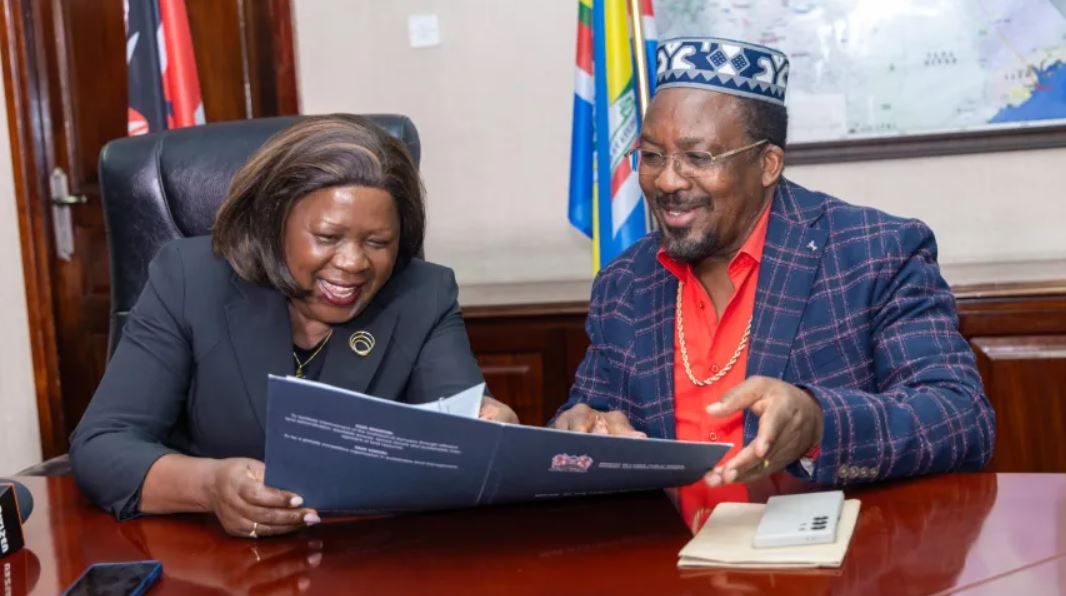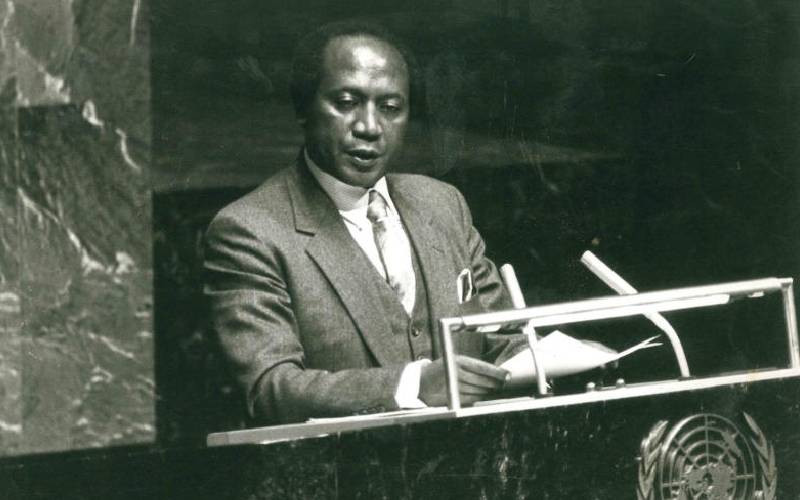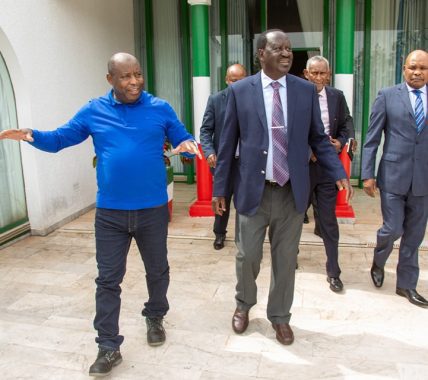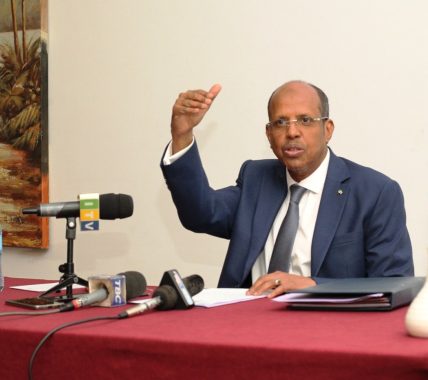 Kenya’s Cabinet has approved the 2025 Budget Policy Statement (BPS), setting the stage for a Ksh4.2 trillion budget for the 2025/26 financial year. The budget, which accounts for 22.1% of the country’s GDP, will now be submitted to Parliament for approval.
Kenya’s Cabinet has approved the 2025 Budget Policy Statement (BPS), setting the stage for a Ksh4.2 trillion budget for the 2025/26 financial year. The budget, which accounts for 22.1% of the country’s GDP, will now be submitted to Parliament for approval.
The Cabinet, chaired by President William Ruto Tuesday, also approved major infrastructure and operational upgrades at Jomo Kenyatta International Airport (JKIA), endorsed new international agreements, and laid out measures to enhance public finance management and fiscal sustainability.
KSh4.2 Trillion Budget for 2025/26 Financial Year
The 2025 BPS outlines Kenya’s economic priorities and fiscal strategies for the upcoming financial year. The proposed KSh4.2 trillion budget will be allocated as follows:
- KSh3.09 trillion – Recurrent expenditure
- KSh725.1 billion – Development projects
- KSh436.7 billion – County transfers
- KSh5 billion – Contingency Fund
Under the Division of Revenue Bill 2025, the National Government has proposed KSh2.8 trillion as shareable revenue. County governments will receive KSh405.1 billion as an equitable share and an additional KSh10.6 billion for the Equalisation Fund.
To ensure fair allocation, the County Allocation Revenue Bill 2025 will distribute these funds based on the Third Basis Formula, while the County Governments Additional Allocation Bill 2025 proposes an extra KSh69.8 billion—KSh12.89 billion from the National Government and KSh56.91 billion from development partners.
With these adjustments, total county transfers for 2025/26 will amount to KSh474.87 billion.
Economic Growth and Fiscal Stability
The BPS 2025 prioritizes sustaining economic growth, fiscal consolidation, and inclusive green development. The Cabinet reported that under the Bottom-Up Economic Transformation Agenda, Kenya’s GDP rebounded to 5.6% in 2023, up from 4.9% in 2022, driven by agricultural recovery after prolonged drought.
Growth is expected to stabilize at 5.3% in 2025 and 2026, supported by agriculture, a resilient services sector, and strategic government interventions.
To maintain economic momentum, the government said it will focus on six key priorities:
- Reducing the cost of living
- Eradicating hunger
- Creating jobs
- Expanding the tax base
- Improving foreign exchange balances
- Fostering inclusive growth
Enhancing Revenue Collection and Public Finance Management
To reduce debt vulnerabilities, the 2025/26 fiscal policy will focus on expenditure rationalization, revenue mobilization, and improved tax compliance.
Key strategies include:
- Expanding the tax base
- Leveraging technology to improve tax efficiency
- Sealing revenue loopholes
- Maximizing non-tax revenues from government agencies
The Medium-Term Revenue Strategy will guide tax reforms to ensure fairness, efficiency, and progressivity while balancing revenue generation with social protection.
The government also plans strengthen public finance management through:
- Zero-based budgeting
- Accrual-based accounting
- Treasury Single Account implementation to enhance cash flow management
- Full operationalization of IFMIS asset inventory management
- Scaling up Public-Private Partnerships (PPPs) for better service delivery
KSh199.9 Billion Supplementary Budget Approved
The Cabinet also approved KSh199.9 billion under Supplementary Estimates No. II for the 2024/25 financial year.
The additional funds will support:
- Government and donor-funded projects
- Personnel emoluments
- Budget realignments
- Revenue adjustments
This comes in the wake of civil protests in mid-2024, which led to the withdrawal of the Finance Bill 2024. The bill had proposed raising KSh344.3 billion in additional revenues but faced strong public opposition.

JKIA Modernization and Passenger Experience Overhaul
The Cabinet approved a comprehensive plan to modernize Jomo Kenyatta International Airport (JKIA) and enhance passenger experience.
Key Upgrades and Operational Changes
- African citizens will no longer require Electronic Travel Authorization (ETA)
- Duty-free threshold increased from KSh50,000 to KSh250,000 for returning Kenyan citizens
- New risk-based security screening to minimize manual inspections and delays
- Doubling of immigration booths and staff to reduce waiting times
- Installation of E-Gates for faster clearance
- Deployment of monitoring technology to enhance staff accountability
- Mandatory uniforms and name tags for all airport staff and retailers
Infrastructure Improvements
- Upgraded baggage handling systems
- Improved stormwater drainage and access roads
- Covered walkways and enhanced air conditioning
- Clearer signage to improve navigation
- Strict regulation of meet-and-greet services to prevent unauthorized facilitators
These measures take immediate effect, seeking to reinforce JKIA’s position as a leading aviation hub in Africa.
Strengthening Kenya’s Global Position
The Cabinet also approved multiple host country agreements, reinforcing Kenya’s role as a regional hub for international organizations. Agreements were signed with:
- International Institute for Democracy and Electoral Assistance
- Save the Children International
- Shelter Afrique Development Bank
- Oxfam International
- Norwegian Refugee Council
- Population Services International
Boosting Trade with Singapore
Kenya has ratified an agreement with Singapore to eliminate double taxation and prevent fiscal evasion, strengthening economic and trade ties between the two nations.
Hosting International Air Transport Association (IATA)
Kenya has been selected to host the International Air Transport Association (IATA), a move that underscores the country’s commitment to international cooperation and economic diplomacy.
The Cabinet’s latest decisions mark an attempt at strengthening Kenya’s economy, enhancing fiscal stability, and modernizing infrastructure. The KSh4.2 trillion budget, major JKIA upgrades, and strategic international agreements seek to position Kenya for sustained growth and global competitiveness.










